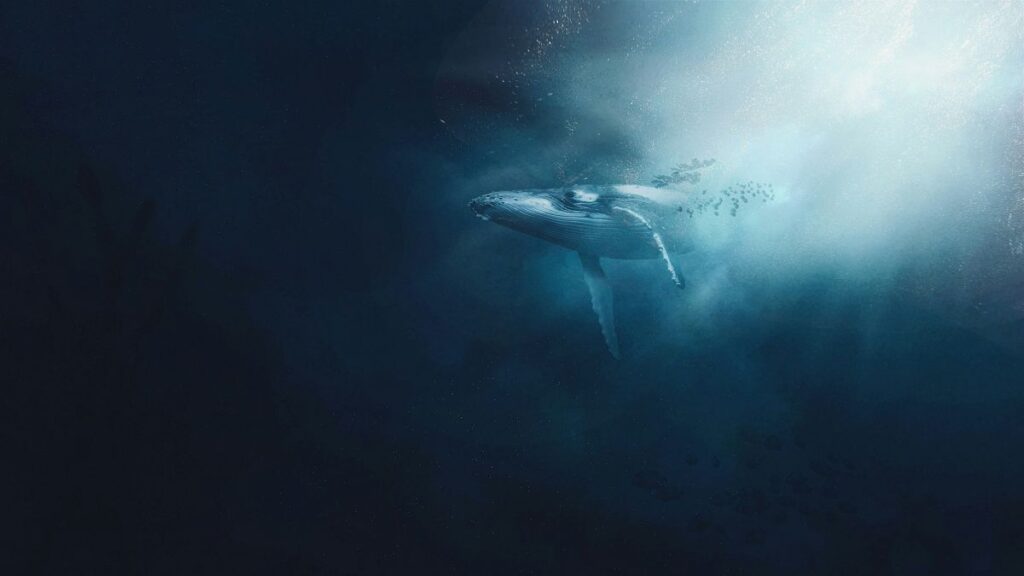Hearing the haunting moans and cries that whales make to communicate is an unforgettable, spine-tingling experience.
Tourists describe a sense of awe when they witness whale songs, and a series of new studies has found that the emotional impact of the experience also lasts long after the event.
The research comes from the University of the Sunshine Coast, located in Queensland, Australia, where visitors flock to observe humpback whales during their migration period.
The scientists found that emotional reactions to whale-watching experiences influence people’s subsequent behaviours concerning the environment and ocean conservation.
Tourists feel awe and humility when listening to whale sounds
The research team joined whale-watching excursions and swim-with-whale tours departing from Mooloolaba on the Sunshine Coast over three consecutive seasons.
They combined visitor feedback with acoustic data collected using underwater microphones on vessels operated by Sunreef, a tourism company based in the area.
Participants in the study were encouraged to be mindful of how they felt when both observing and listening to the animals during the encounters.
They were exposed to various whale sounds, including natural vocalisations, surface actions like tail slaps and breaches, and pre-recorded underwater audio played through speakers on the boats.
The researchers then collected data through interviews and surveys that measured tourists’ emotional responses to these experiences.
Participants reported feeling happiness, excitement, humility, awe, and calmness when experiencing the whale sounds.
Listening to whale songs inspires environmental action
The research team also asked participants about their attitudes to marine conservation after hearing the whales.
The research found that feelings of awe, particularly triggered by hearing rather than just seeing whales, strongly correlated with “pro-environmental intent”.
This included desires to improve recycling habits, reduce waste production, and support ocean conservation initiatives.
“Tourism is often framed as a visual experience, but our other senses – particularly sound – play a key role in shaping how we connect to places, spaces and species,” lead researcher Vikki Schaffer told ABC News.
Schaffer emphasised that these findings highlight the importance of natural soundscapes in creating meaningful and potentially transformative visitor experiences.
She also noted the importance of protecting underwater acoustic environments from human-generated noise pollution.
“Sound is a natural resource that’s often overlooked. It’s critical to both marine life and to human connection with the ocean,” Schaffer said.
How travel experiences can drive interest in environmental conservation
Sunreef manager John Fell believes that the research has become valuable for their business and the wider marine tourism industry.
“Immersive tourism is all about capturing the imagination and igniting the senses,” Fell told ABC News. “That’s what creates powerful, lasting experiences for our guests.”
He emphasised that their goal extends beyond simply conducting tours. They aim to foster a genuine love for the ocean that often translates into positive action.
Schaffer added that the research findings align with worldwide efforts using sustainable tourism to promote conservation and education.
The study contributes to expanding research on how emotions like awe can influence long-term behavioural changes after travel experiences.
“We want people to walk away not just with a photo but with a mindset that supports protecting our oceans,” she said.
Read the full article here

